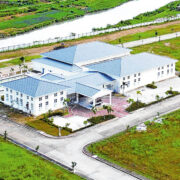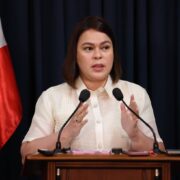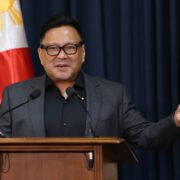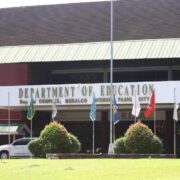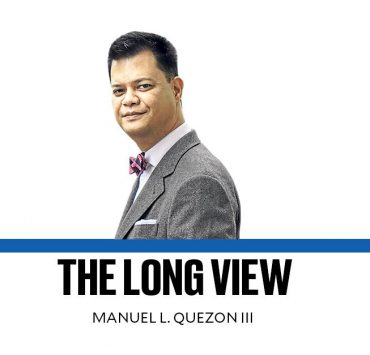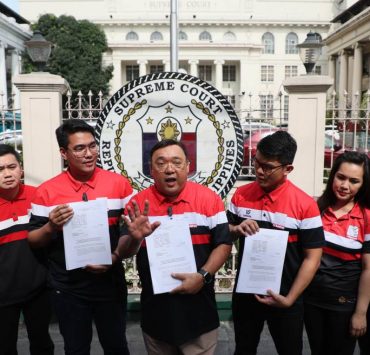Fasten your seatbelts
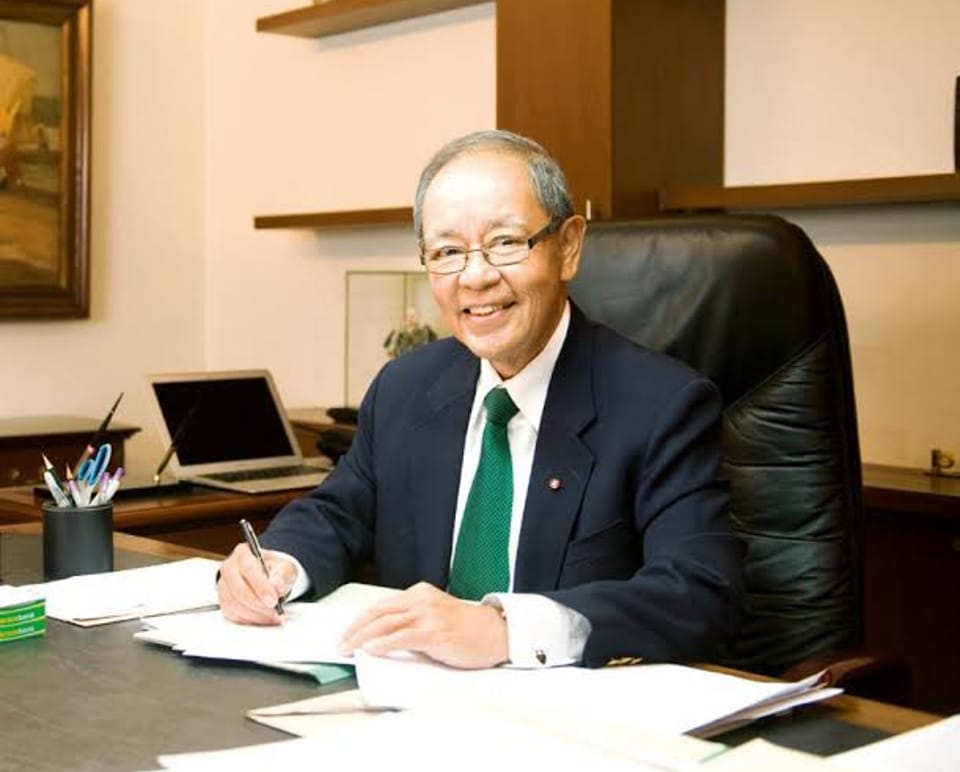
At the onset of Chinese New Year, last Feb. 10, many expressed elation at the fact that 2024 was a Year of the Dragon. That’s not surprising considering that of the 12 Chinese zodiac signs, only the dragon assumes a mythical character, the others being real animals. Besides, the Chinese typically regard the dragon as a harbinger of good fortune. What may be lost in this dragon euphoria is that the historical depiction of the dragon is one of a fiery being that can either be benevolent or malevolent. The question arises therefore as to what kind of dragon we’ve got for 2024. Considering the events that have thus far unfolded at the start of this dragon year, I fear that it may be a malevolent one.
Consider for instance that this is the first time in my now considerable living memory that there are a number of major wars taking place or brewing simultaneously in different parts of the world—Europe, the Middle East, Africa, Asia—involving the world’s largest continents, economies, and nuclear powers. Consider further that these have given rise or at least added impetus to an evolving tectonic shift in the geopolitical world order from the unipolar one led for the last nearly eight decades by the United States toward a multipolar one occasioned by rising new economic and military powers namely China, Russia, and India. The latter have organized themselves into a new global power bloc called BRICS (Brazil, Russia, India, China, and South Africa) that have openly stated their objective to diminish US hegemony in order to evolve a new more balanced (and presumably more fair) world order and have begun to implement measures toward its realization.
Most notable of these has been the introduction of a parallel global financial structure with less dependence on the US dollar as the universal currency of trade and reserves (referred to in some circles as dedollarization), the beginnings of a new multilateral development finance structure apart from the World Bank and the International Monetary Fund, the plan to introduce a new currency of exchange referenced to gold rather than the US dollar, and the creation of a global currency clearing mechanism parallel to the Society for Worldwide Interbank Financial Telecommunication.
The simultaneous combination of military wars and unprecedented global economic retooling has given rise to serious economic consequences worldwide. Much of Europe is in recession, particularly leading economies United Kingdom, Germany, France, Spain, and Italy and even the mighty US hasn’t been spared with the Federal Reserve still struggling to tame inflation while the fiscal side continuously escalates debt to stratospheric levels thus forcing the Fed to postpone its interest rate easing to, hopefully, the second half of this year.
If one were to make a fearful forecast for 2024 it may include the following, starting on the second half of the year:
The conclusive victory of Russia over Ukraine accompanied by a yet uncertain reaction from the West (hopefully negotiations toward peace rather than escalation of war).
Possible oil price hikes should the Gaza situation worsen enough to spread the conflict to the rest of the Middle East.
Deepening recession in leading Western European economies due to rising energy prices, and domestic political upheavals arising from such as continuing farmer protests and immigrant issues.
Further supply chain constraints causing commodity shortages and rising prices.
Assuming a rerun of Biden vs Trump, a universally visible extreme polarization of American society eroding the perception of the US hold on the moral high ground.
No doubt these will have serious effects on the Philippines as well. As the saying goes, “if the US catches colds, we get pneumonia.” Now the US and many of our partners in the West will struggle with pneumonia. So, what now? At the very least, the Philippines should be alert to the foregoing geopolitical developments and their ramifications, and be wary of its tendency to be inward looking.
We may have to consider widening our trade partnerships beyond our usual reliance on the West and Japan to other Group of 20/BRICS countries; garnering, through the Bangko Sentral ng Pilipinas, a larger percentage of gold mining output to shore up reserves and be more prepared for an increasing use of gold referenced currencies; carefully calibrating our energy development strategy by avoiding a precipitous move toward renewable energy technologies, particularly solar and wind which have been proven incapable of base load supply and keeping the nuclear energy option open; strengthening our agricultural sector by reforming our land reform system; taking fuller cognizance of our archipelagic geographic structure by identifying and developing growth zone magnets as a key economic strategy; and avoiding direct involvement in a conflict between US and China while upholding our defined national interests. Fasten your economic seatbelts!
Roberto F. de Ocampo, OBE is former finance secretary and was finance minister of the year, 1995, 1996, and 1997.
Business Matters is a project of the Makati Business Club (makatibusinessclub@mbc.com.ph)

